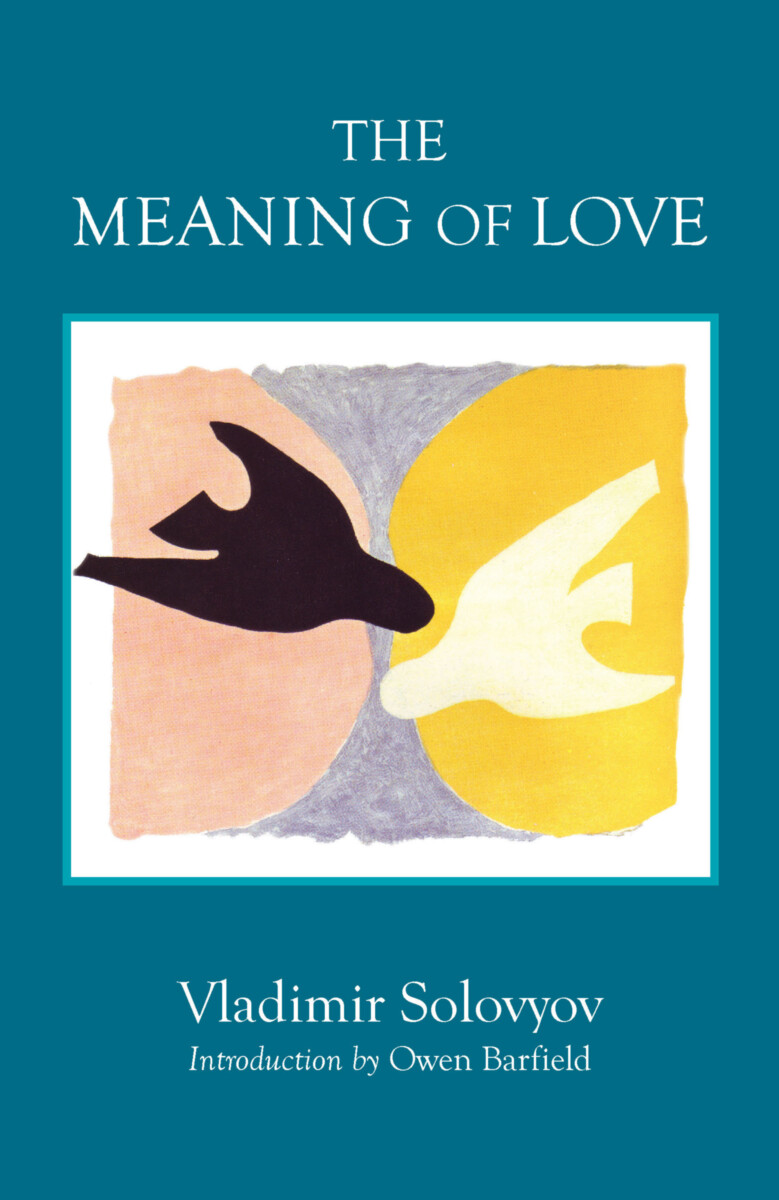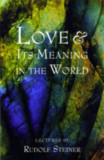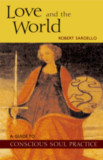The Meaning of Love
- Publisher
Lindisfarne Books - Published
1st October 1985 - ISBN 9780940262188
- Language English
- Pages 128 pp.
"The meaning and worth of love as a feeling is that it really forces us, with all our being, to acknowledge for another the same absolute significance that, because of the power of egoism, we are conscious of only in our own selves. Love is important, not only as one of our feelings but as the transfer of all our interest in life from ourselves to another, as the shifting of the very center of our lives...."The meaning of human love, speaking generally, is the justification and salvation of individuality through the sacrifice of egoism. On this general basis we can also ... explain the meaning of sexual love" (Vladimir Solovyov)
What is the meaning of love's intense emotion? Solovyov points to the spark of divinity that we see in another human being and shows how this "living ideal of Divine love, antecedent to our love, contains in itself the secret of the idealization of our love."
According to Solovyov, love between men and women has a key role to play in the mystical transfiguration of the world. Love, which allows one person to find unconditional completion in another, becomes an evolutionary strategy for overcoming cosmic disintegration.
Vladimir Solovyov
Vladimir Solovyov (1853–1900), one of the greatest philosophers of the nineteenth century, was the founder of a tradition of Russian spirituality that brought together philosophy, mysticism, and theology with a powerful social message. A close friend of Dostoevsky, a Platonist, and a gnostic visionary, Solovyov was a prophet, having been granted three visions of Sophia, Divine Wisdom. He was also a poet and a profoundly Christian metaphysicist. His most important works include Lectures on Divine Humanity; The Justification of the Good; and War, Progress, and the End of History.







